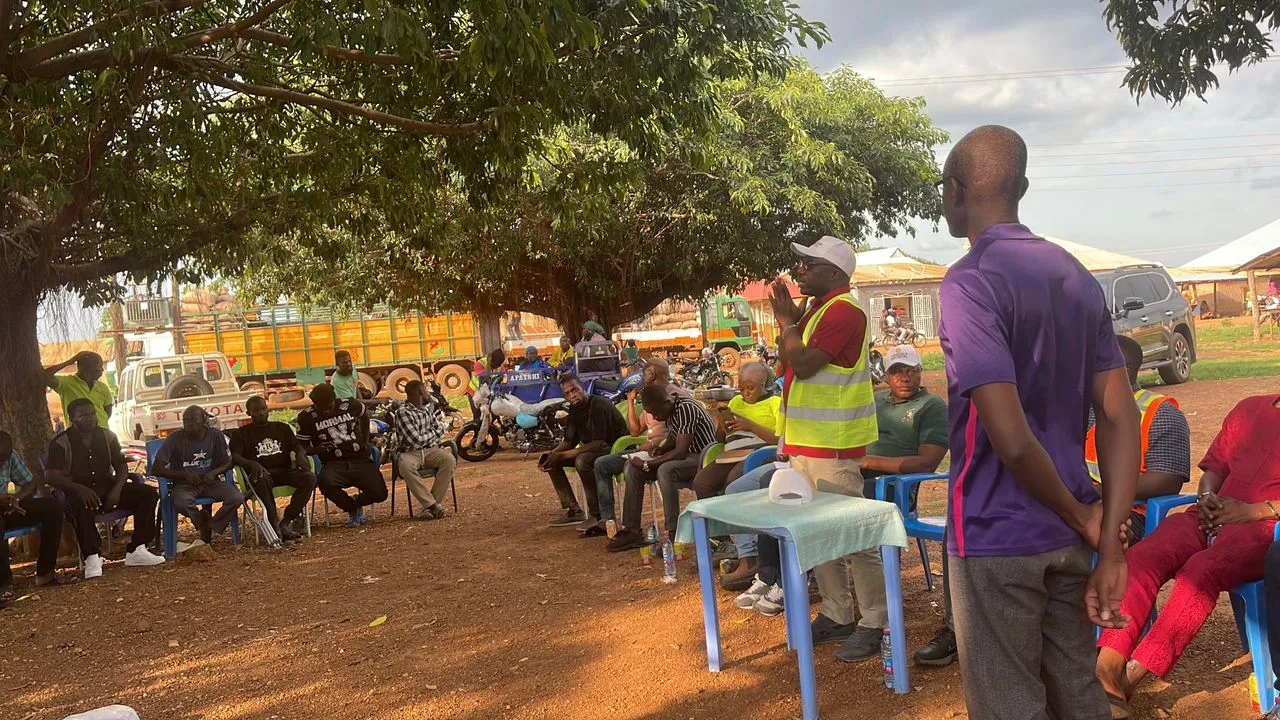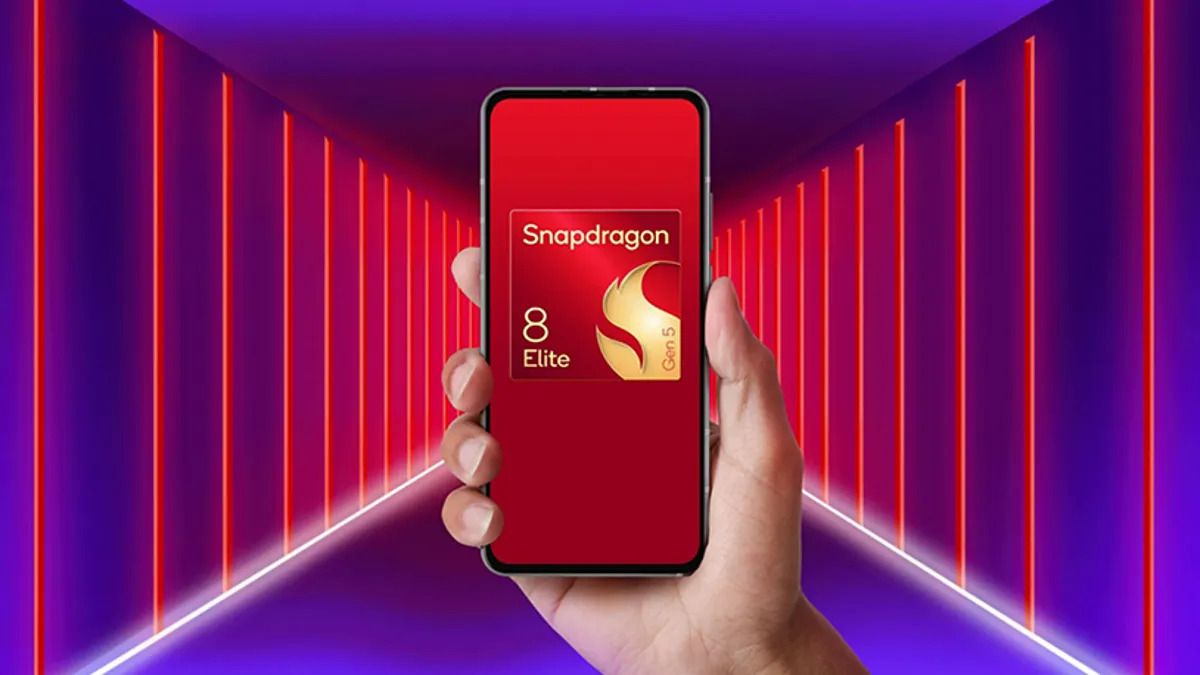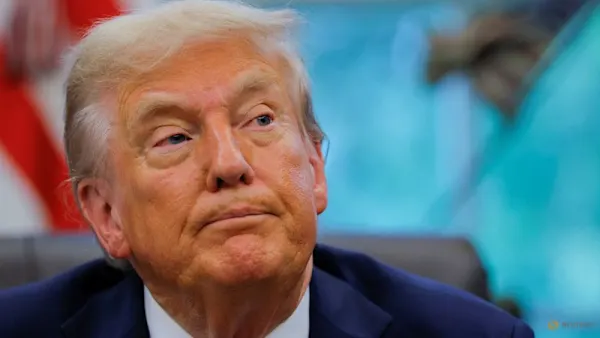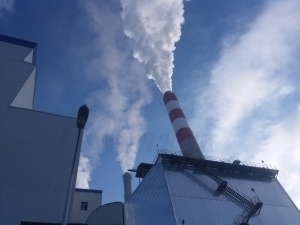By Seli Baisie
Copyright gbcghanaonline

The Responsible Cooperative Mining and Skills Development Programme (rCOMSDEP), under the Ministry of Lands and Natural Resources, has intensified its nationwide campaign to promote responsible and sustainable small-scale mining, extending its community outreach to the Savannah, Upper West, and Upper East Regions.
The sensitisation drive, which forms part of government’s strategy to formalise artisanal mining and create sustainable jobs, has taken rCOMSDEP officials to Kadima and Gbani in the Builsa North and Talensi Districts of the Upper East Region, as well as several mining communities across the Savannah and Upper West Regions.
In the Upper East Region, rCOMSDEP’s Head of Technical Unit, Owusu Benpah Afriyie, led stakeholder meetings in Kadima and Gbani, where traditional leaders, small-scale miners and residents turned out in large numbers to learn about the benefits of cooperative mining. Mr Afriyie explained that the cooperative model provides a structured framework for legal mining, environmental protection and shared economic gains. He underscored the importance of geological surveys before operations and stressed that land reclamation after mining is non-negotiable, ensuring degraded lands can be restored for agriculture and other productive uses.
As part of the outreach, rCOMSDEP handed over registration documents to the Minerals Commission Manager in Bolgatanga to guide interested groups through the legal and administrative requirements for forming cooperatives. Prospective applicants were advised to engage District Chief Executives, traditional leaders and other recognised authorities before initiating the process. Member of Parliament for Talensi, Mahama Dung Daniel, hailed the programme as “a transformational step toward responsible resource management, poverty reduction and economic empowerment.”
In the Savannah Region, the campaign covered communities including Maluwe, Signyekura, Wakawaka, Sakpa, Camp, Cluff, Tinga, Dakurpe, and Tuntumba, where residents were educated on the Responsible Cooperative Mining Scheme and its potential to attract investment, restore degraded lands and channel mining revenues into community development projects. At Maluwe, the National Coordinator of rCOMSDEP explained that the scheme would support skills training, funding opportunities and alternative livelihoods through the Community Development Fund.
Community members in several areas, however, raised concerns about large-scale concessions overlapping their mineral-rich lands, making it difficult to apply for legal small-scale permits. Similar frustrations were expressed in Tuntumba, where participants noted that a licensed company holding the concession since 2016 had not brought visible development to the area. In Signyekura, Ing Pedro highlighted key benefits of the cooperative model, including training, apprenticeship opportunities and improved environmental safeguards, while pledging government’s support to address land-access challenges.
The Upper West Region also hosted engagements in Goripie, Dayonkura, Manwe and Bulenga, where residents welcomed the programme but voiced concerns over land compensation, entry protocols and the dominance of large-scale companies. Responding to these concerns, rCOMSDEP CEO, Frank Asare, assured participants that the scheme would place communities at the centre of mining decisions, ensure fairness and accountability, and prevent the repetition of past injustices.
Across all regions, rCOMSDEP officials encouraged miners to pursue legal permits as a critical step toward eliminating illegal mining and its destructive impact on the environment. They emphasised that revenues generated under the cooperative model would be reinvested into social infrastructure projects, including schools, health facilities, potable water systems and renewable energy initiatives.
The engagements ended with community leaders and residents pledging support for the government-backed initiative, describing it as a pathway to inclusive growth, decent job creation and environmentally responsible mining.



